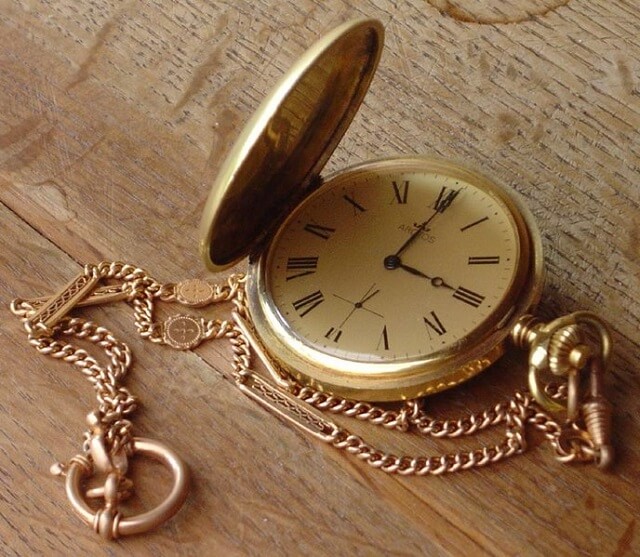
Rabbi Tzvi Yehuda Kook related the following story:
While living in Boisk (Bauska) in Latvia, Rav Kook and his family would occasionally take a late summer vacation at the Dobeln summer resort along the Baltic seashore. There he used to meet Rabbi Zelig Reuven Bengis — they had both been students at the famed Volozhin yeshiva — and the two would spend time together in the hotel and its surrounding woods.
Near the Dobeln beach, a small structure was designated as a makeshift synagogue, where the vacationers would gather for Minchah and Ma’ariv — the afternoon and evening prayers.
One day, Rabbi Bengis had a yahrtzeit for one of his parents, and he wanted to lead the prayers, as is customarily done. However, only nine men showed up, making them one short of a minyan (a religious quorum). One of the men, a go-getter by nature, went outside to find a tenth for the minyan. As it happened, a rather domineering man of means also had yahrtzeit that day, and he was arranging his own minyan outside. Not noticing how many men were outside, the ‘go-getter’ asked one of them to come inside and join Rabbi Bengis’ minyan, where Rav Kook was also waiting.
Unfortunately, the outside group had numbered exactly ten, and now they were short a minyan. (When Rabbi Bengis retold the story, he explained that he had no idea that this Jew was the tenth man in the other minyan, otherwise, he would never have allowed this to happen.) When the domineering man realized what had happened, he stormed into the room where Rabbi Bengis was praying and berated him with a barrage of curses and insults.
When Rav Kook witnessed the humiliation of this great Torah scholar, he immediately approached the assailant and gave him a resounding slap across the face.
“In my presence,” he declared, “no one degrades a Torah scholar!”
The Court Summons
The wealthy man was so angered that he summoned Rav Kook to court. Indeed, the news of a rabbi slapping someone across the face made a shocking impression on everyone who heard about it.
When Rav Kook returned to Boisk, some of his devoted followers approached him and expressed concern over the fact that he might be taken to prison. In an effort to avoid this, they advised Rav Kook to apologize to the man and beg forgiveness for slapping him.
Rav Kook, however, refused. He explained:
Concerning my own honor, I am permitted to forgive and forget. In fact, I am obligated to be humble and forbearing, as we say in our prayers, “Let my soul be like dust to all.” However, if I apologize to this man, I am in effect condoning the affront to that great Torah scholar and consequently, the desecration of the Torah’s honor.
Quite unexpectedly, the domineering man showed up at Rav Kook’s door a short while later and begged forgiveness from the Rav. Thus the whole incident came to an end... for the time being, at least.
The Gold Watch
Many years later, when Rav Kook traveled to America on a fundraising mission, a man approached him and announced that he was the one whom the rabbi had slapped in Dobeln.1
He then pulled out a golden watch from his pocket and said:
I hereby give you this watch, honored rabbi, in exchange for the slap that you gave me. You see, that whole incident brought me nothing but disgrace. I was so humiliated that I left town and came to America — where I have become extremely wealthy. Thus my good fortune is all thanks to you!
Rav Kook refused to accept the gift, but the wealthy man would not take ‘no’ for an answer. He kept on insisting until Rav Kook finally agreed to take the watch. Still, Rav Kook had misgivings about accepting the gift. He felt very uneasy benefiting, even indirectly, from the humiliation of a Torah scholar.
Years later, there was a knock on the Rav’s door in Jerusalem. An elderly man entered with a heartrending story. A close relative had fallen gravely ill, and the old man required a large sum of money in order to transfer the patient from his home to a hospital.
Rav Kook searched his drawers but found only small change. What did he do? He took the gold watch and told the man: “Use this watch as a pledge, and you will surely receive a sizeable loan in no time. Then, with God’s help, I will try to raise enough money to redeem the watch from the money-lender.”
The old man hurried off to a well-known financier, who was friendly with Rav Kook, and asked him for an urgent loan against the security of the gold watch. The wealthy financier looked at the watch and immediately recognized it as the Rav’s. Without delay, he gave his visitor a loan; and the following day, he returned the valuable watch to Rav Kook.
(Adapted from An Angel Among Men by R. Simcha Raz, translated by R. Moshe Lichtman, pp. 76-78) (Photograph by Isabelle Grosjean / CC BY-SA 3.0)
1 In May 1919, near the end of his stay in London during World War I, Rav Kook composed an informal will before undergoing a medical operation (printed in Iggerot HaRe’iyah vol. III, letter 959). At the end of the note, the rabbi added that he had received a gold watch as a present, but he had misgivings about the gift. If this was the same watch, then in fact he had received it several years before his 1924 trip to America.